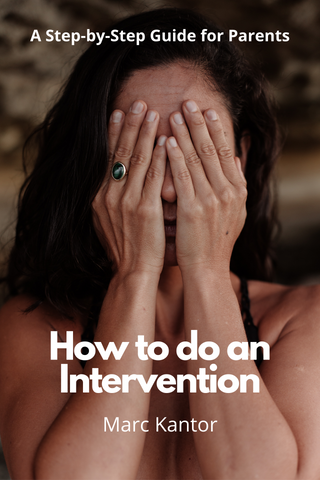People Plan Ahead Stay Ahead
You may ask yourself what Planning-Ahead has to with addiction recovery; isn't this a subject better left to management experts and business leaders? While you would be correct for wondering if this is off-topic, the very act of preparation can mean the difference between success in early recovery and relapse.
Over the years several people have asked me about traveling in early recovery, which is something I typically suggest avoiding. It is a far too large disruption to one's routine and is therefore risky. Unable to dissuade these people from their travel plans I caution them to carefully prepare by taking these steps:
Tell on yourself by informing your fellow travelers you're new in sobriety and can't drink and plan to attend AA meetings while away. It's important to learn early on how to protect your sobriety because no one else will.
Research the local meetings before you depart; make a commitment to attend meetings regularly. This can be more difficult overseas, but shouldn't present a problem on American soil.
Stay in touch with your sponsor and recovery network. I recommend using apps like Facetime and WhatsApp, which provides you the ability to stay in touch from far away.
Most importantly have a contingency plan if you are tempted to drink. Remember a fleeting moment of enjoyment can be the basis of lasting consequences back home.
The rules for planning-ahead are especially true for people recovering from an eating disorder like food addiction. When I completed treatment for substance abuse I was a hundred pounds overweight. It's been fourteen years since losing that weight and over time my eating practices have gone through several refinements. However, the times I feel like I have dropped the ball, or I am off-the-beam, is usually because I failed to plan ahead.
The majority of readily available food options are poor quality and processed foods, which are high in fat, sugar, and salt. It's also more expensive to eat healthy and more disruptive, though I harken back to what was said earlier, it's up to you to protect your recovery.
I have noticed I feel my best when I am eating at home, but this is no accident; I take specific steps to make this happen. In other words, I plan ahead by going to the supermarket and making sure I have the necessary ingredients to cook healthy meals.
A hallmark of addict behavior is getting caught off guard, or simply being unprepared for the day's events. Preparation allows us to be less reactionary and more proactive. Preparation reduces stress and anxiety, while also reduces the chances of "using".
Marc Kantor is a professional interventionist and the founder of South Florida Intervention, based in Boca Raton, FL. If someone you know is struggling with addiction, we can help. For additional information please e-mail us at marc@southfloridaintervention.com.

Download Free Guide: How To Do An Intervention
GetHelpForAddiction.com
